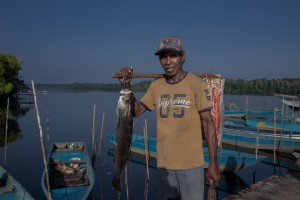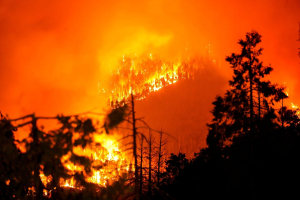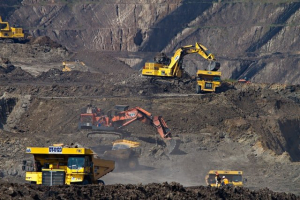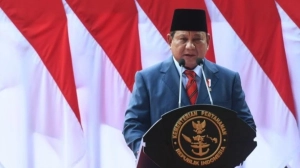Calls mounted for completion of indigenous rights bill amidst discrepancy on basic terminology
The push to immediately pass the Indigenous Peoples Rights Bill has resurfaced as the need for legal protection for traditional rights of indigenous peoples becomes increasingly crucial.
However, as of today, there has been no clear legal definition of "traditional rights" as mandated in Article 18B Paragraph (2) of the 1945 Constitution, which has the potential to cause discrimination and conflict in various regions.
"The Indigenous Peoples Rights Bill is a concrete manifestation of the constitutional mandate. Without this law, recognition of indigenous peoples' rights is still sectoral, slow, discriminatory, and prone to causing conflict," Rina Mardiana, an academic at the IPB University, said while addressing an online public discussion held on Thursday, April 17, 2025
She cited that indigenous peoples are autochthonous communities that have historical and cultural ties to certain areas, as well as their own social and economic systems that are different from those of the general public.
She emphasized that they are not part of a kingdom or a fragment of a country, but rather a unique entity that must be recognized and protected by the state.
Erwin of the HuMa Association, which is part of the Indigenous Peoples Bill Coalition, similarly said that unclear scope of “traditional rights” since the amendment to the 1945 Constitution has made the position of indigenous peoples vulnerable.
“This bill must clarify inherent rights, ensure that these rights are part of human rights, and place the state as the party responsible for respecting, protecting, and fulfilling them,” he said.
The reality on the ground strengthens the urgency of ratifying this bill. In East Sumba, East Nusa Tenggara, indigenous peoples have lost access to land and agrarian resources because there is no legal protection.
Triawan Umbu Uli Mekahati of the Sumba Koppesda Foundation admitted that numerous efforts have been made to gain official recognition. “Without the support of national regulations, we are only treated as disruptor to development,” he said.
The Sumba Indigenous Peoples are known to implement sustainable natural resource management through deliberation and customary institutions. This system has been proven to maintain the ecosystem and prevent over-exploitation.
Meanwhile, in the Meratus Mountains, South Kalimantan, the Dayak Meratus Indigenous Community may have to lose their customary land for a conservation area or national park.
Harnilis, a Meratus customary leader, said that the indigenous community has long protected the forest and utilized resources sustainably through intergenerational and intergender collaboration.
"The forest is not only our place of life, but part of life itself. If it is taken, we lose everything," Harnilis noted.
Already have an account? Sign In
-
Start reading
Freemium
-
Monthly Subscription
20% OFF$29.75
$37.19/MonthCancel anytime
This offer is open to all new subscribers!
Subscribe now -
Yearly Subscription
33% OFF$228.13
$340.5/YearCancel anytime
This offer is open to all new subscribers!
Subscribe now







